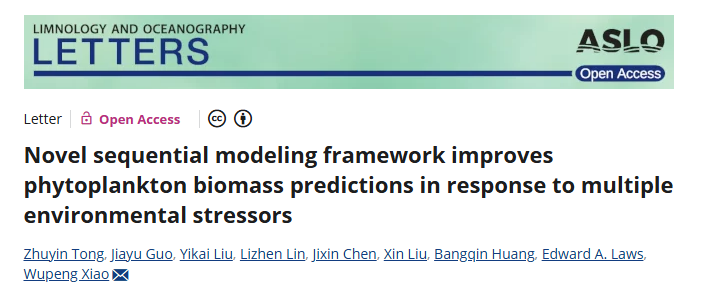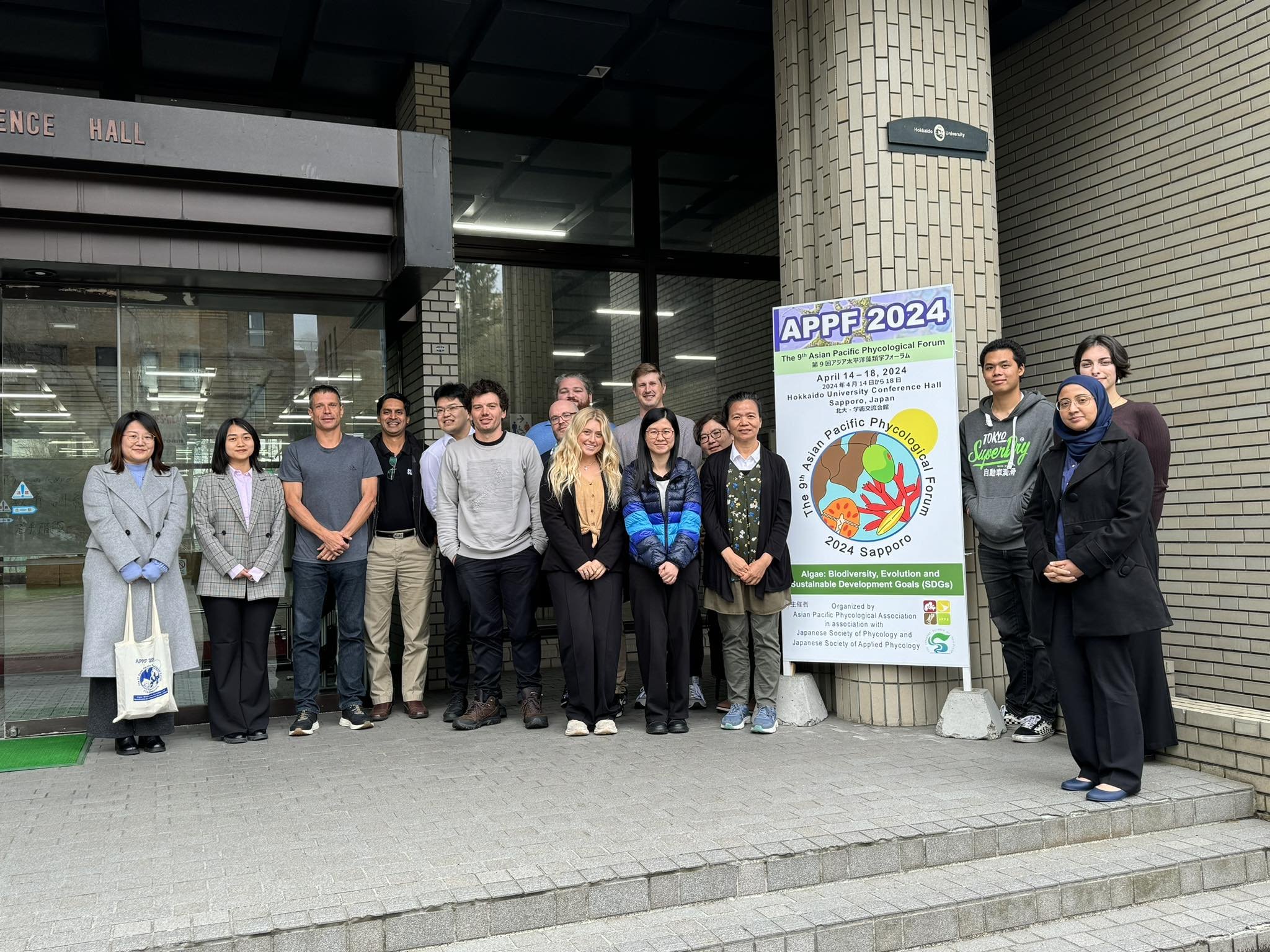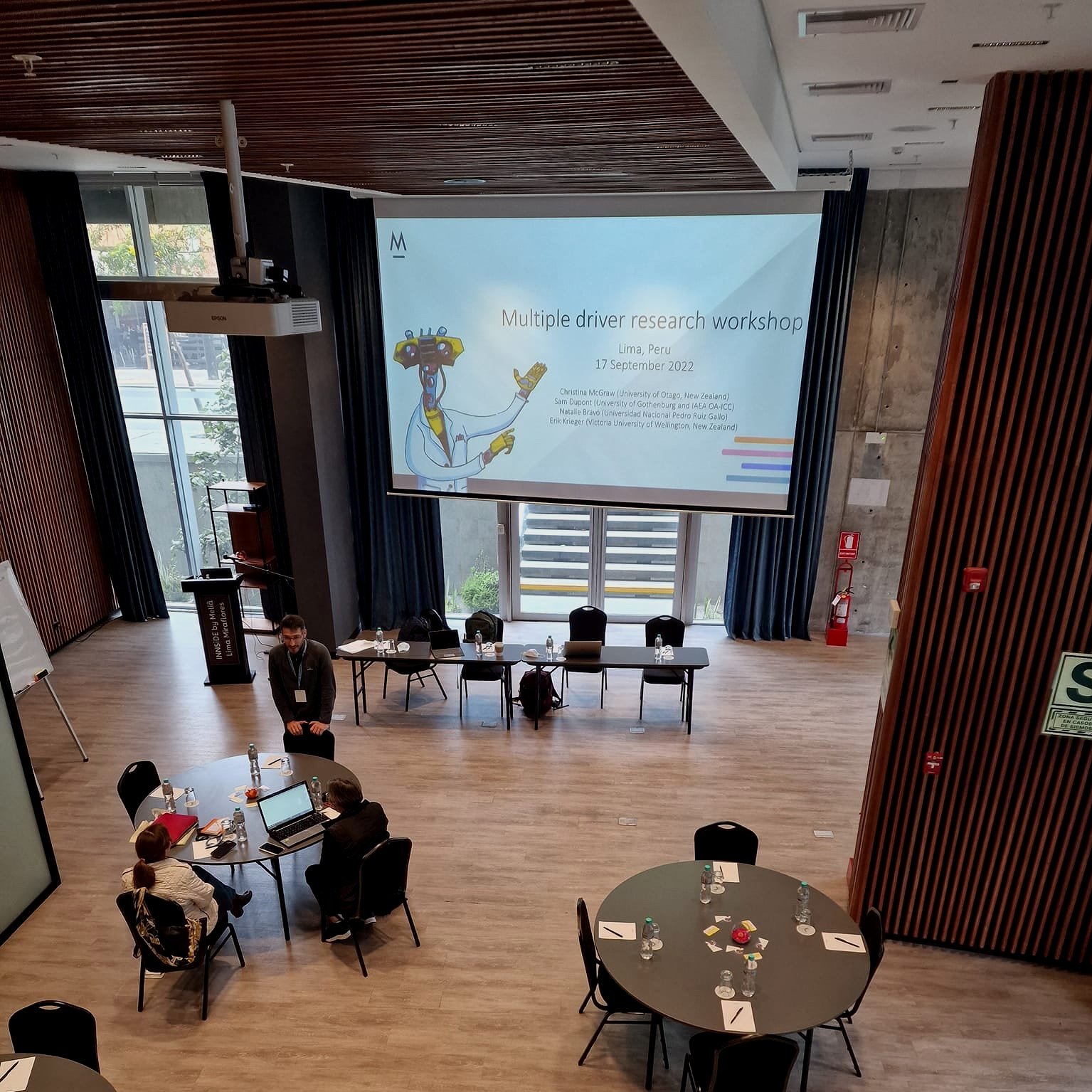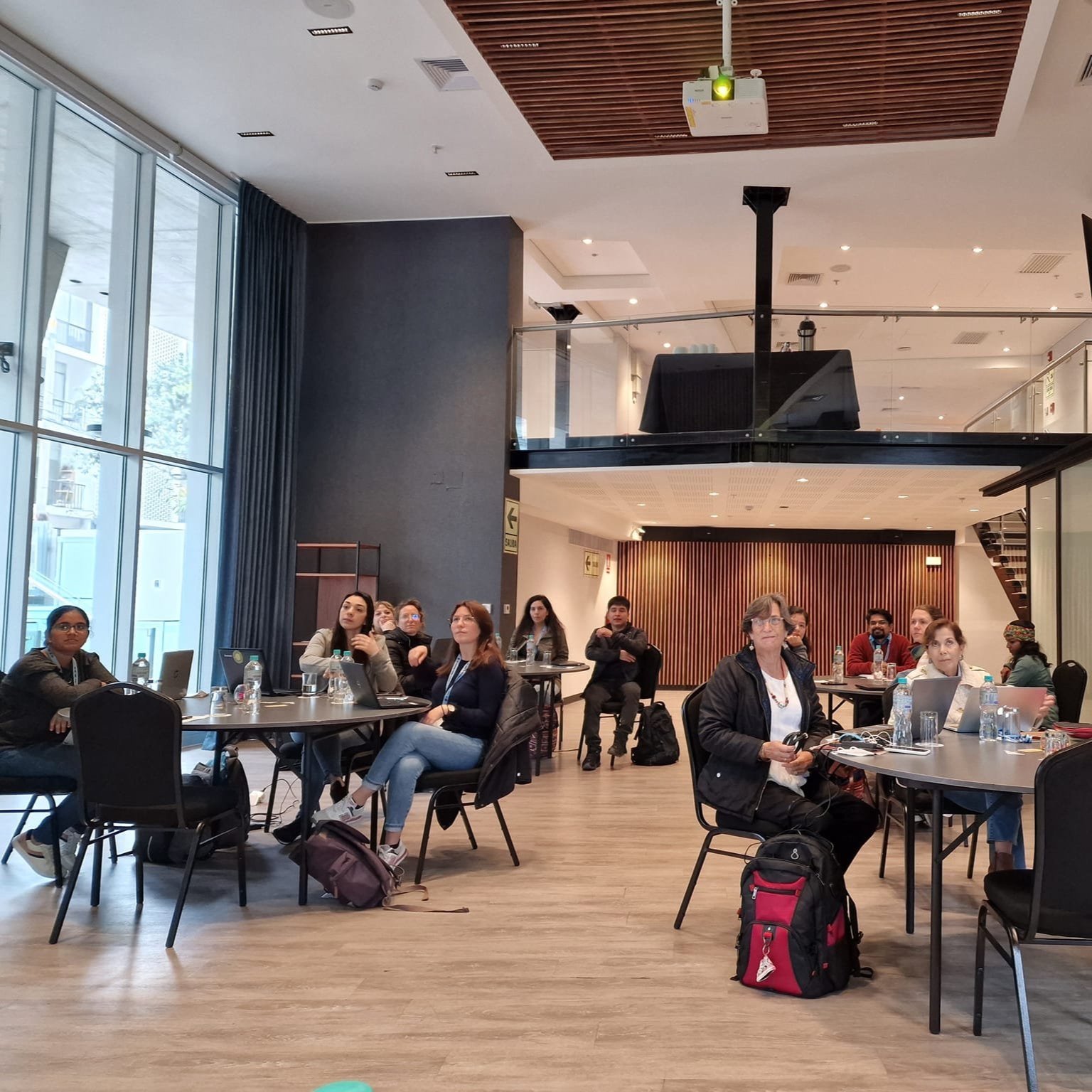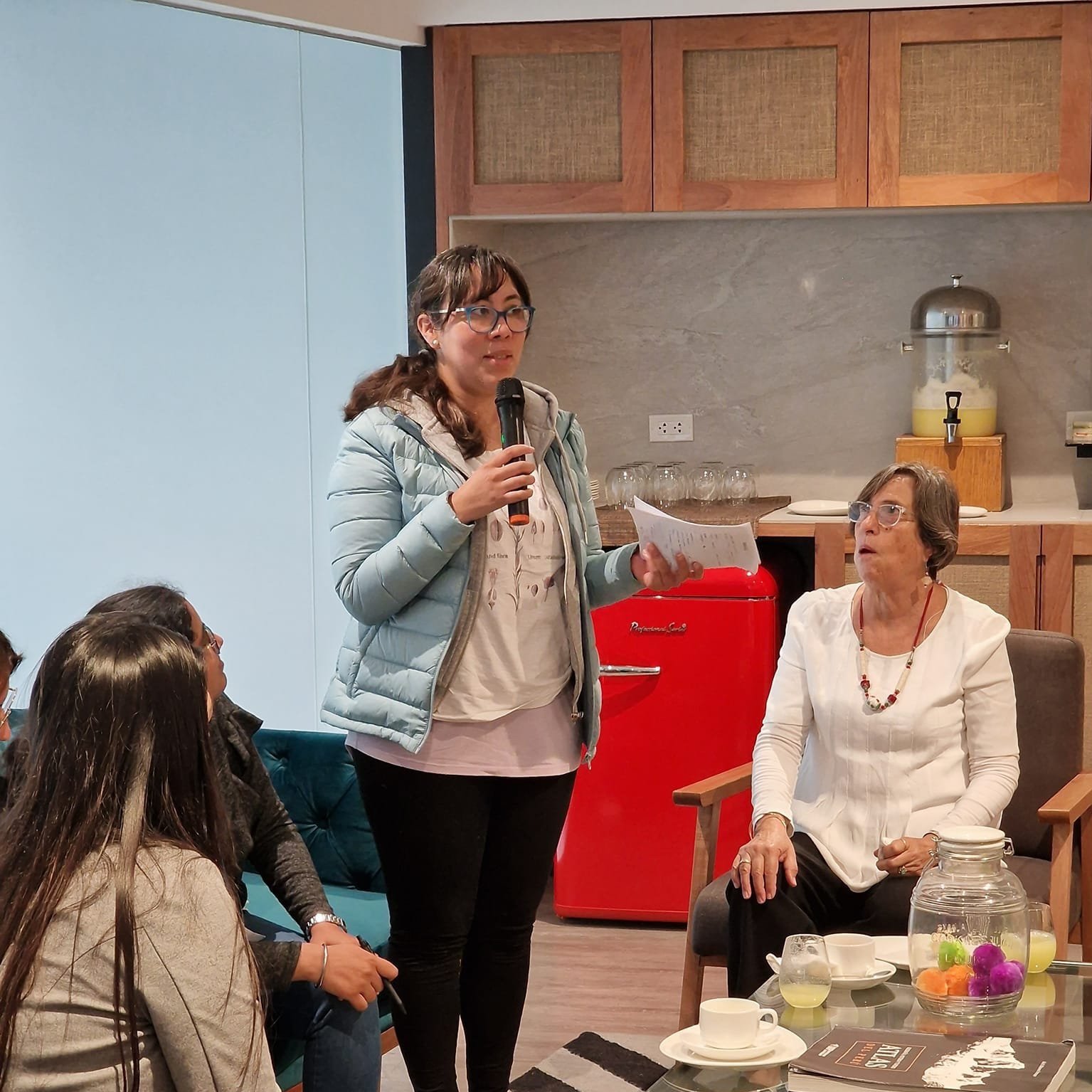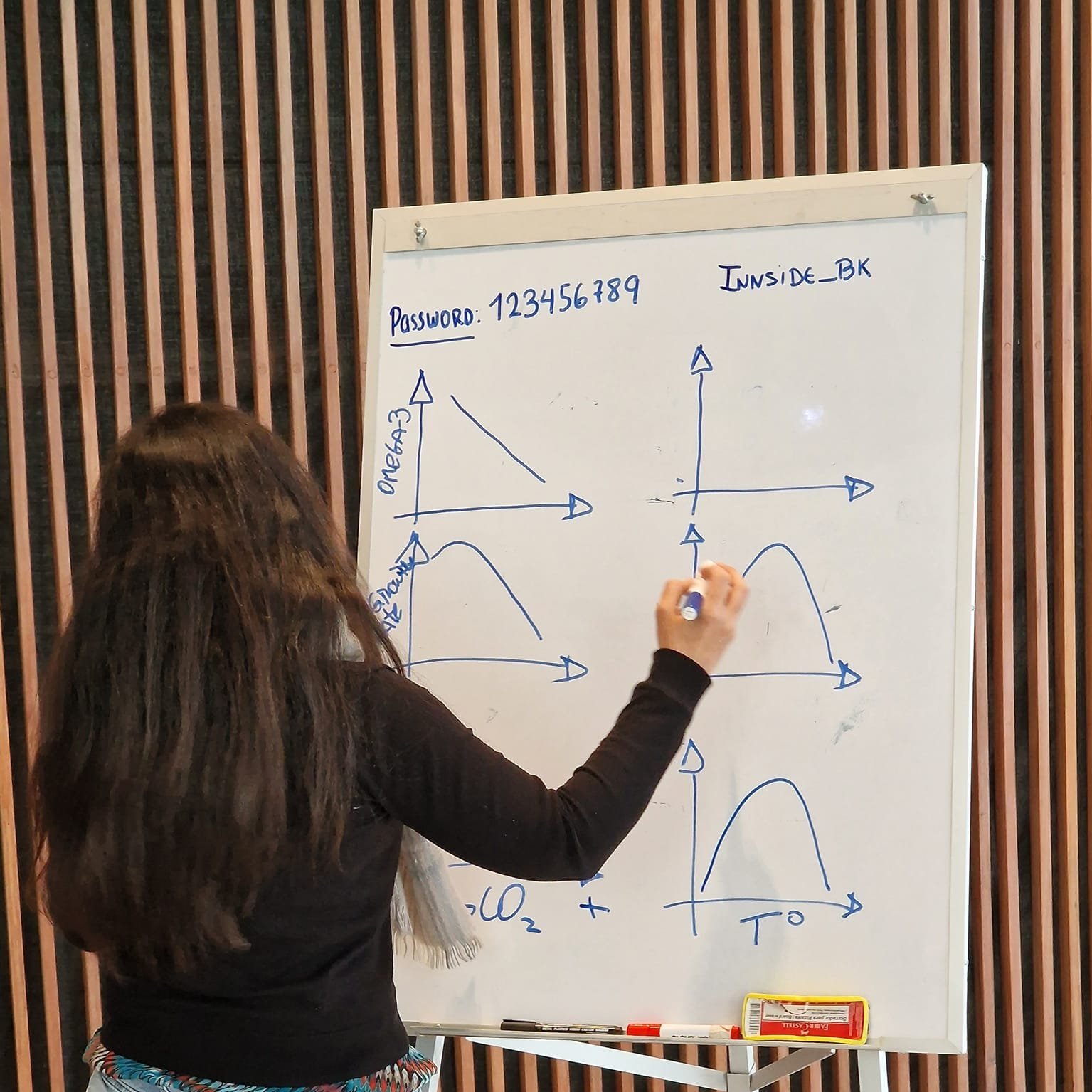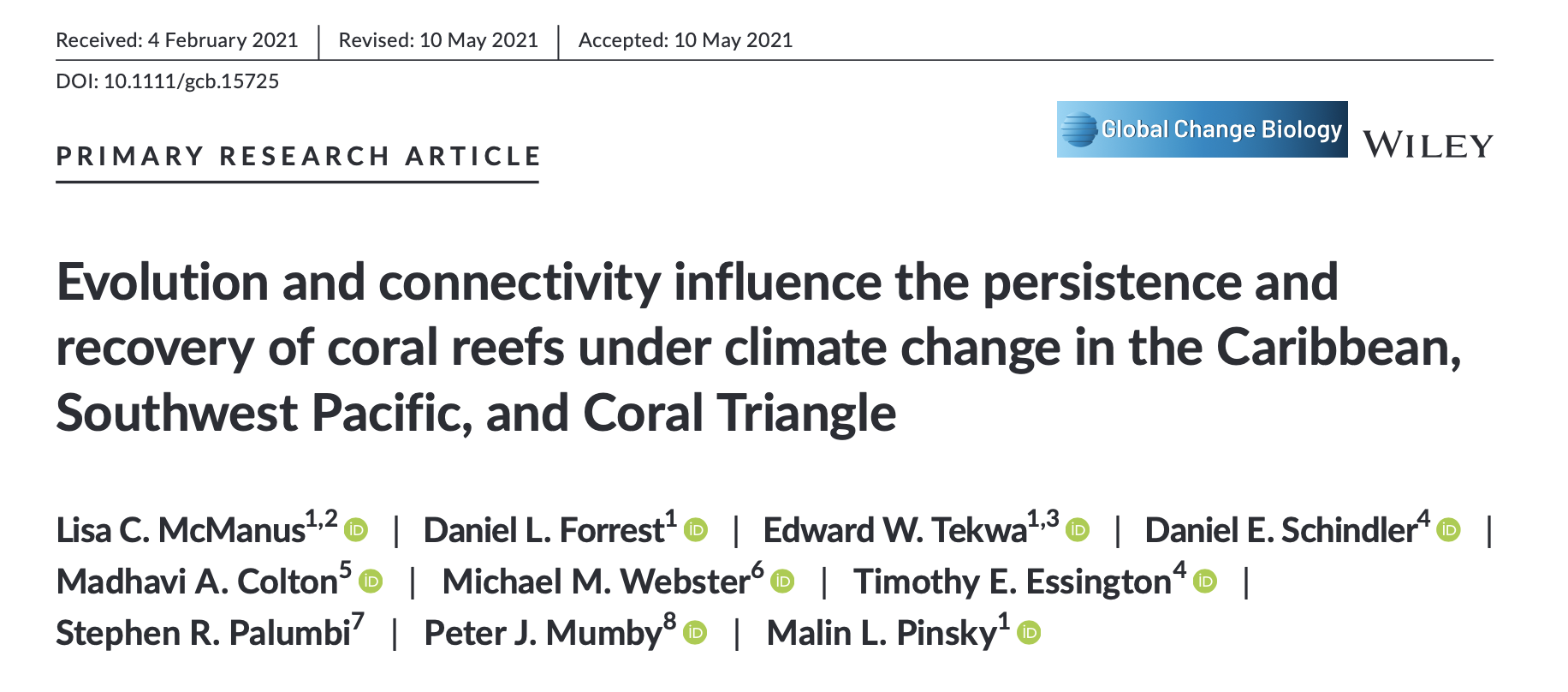It is crucial to understand the impacts of global change stressors on phytoplankton biomass and abundance, particularly in order to inform our developing understanding of marine ecosystems under future stress. To date, traditional models have struggled. In this paper, Tong et al have developed an innovative new model that incorporates generalized additive models, principal component analysis, and artificial neural networks. This is a comprehensive new framework that has advanced the accuracy of predictions and reduced bias.
Publication Highlight: Metabolite Transfers in a high-CO2 world
Ye et al utilize multi-omics analysis to determine the wider impacts of high-CO2 and warming temperatures on metabolite transfer between primary and secondary producers. Current evidence suggests that under future global change conditions, biochemical changes in primary producers may be transferred to higher trophic levels, potentially disrupting physiological performance and altering marine food-webs. Multi-omics analysis on metabolite transfer between marine cultured diatom (primary producer) Phaeodactylum tricornutum and the clam (secondary producer) Coelomactra antiquata showed that changes in biochemical and metabolome pathways in the primary producer, were transferred to the secondary producer. It provides evidence that the effects of future global change occur even on the molecular level, and that the inclusion of -omics data in marine-ecosystem models may be necessary in improving the accuracy of future modelling predictions.
Publication Highlight: Quantitative Principles of Microbial Metabolism
In this perspective piece, Sher et al provide a detailed overview of the quantitative principles that govern microbial metabolism across multiple scales: from molecules and cells to organisms and ecosystems. By discussing the common principles that govern microbial metabolism across all scales, they present a unified, multidisciplinary perspective on microbial metabolism, highlighting the potential for the development of multi-scale microbial models, experimental design, and theoretical understanding.
Publication Highlight: Social-Ecological Trade-Offs in Achieving Futures Targets
Zeng et al discuss the effect of climate change on the delicate balance between ecosystem-rebuilding and conservation, and economic security and social wellbeing. Their modelling approach explores the impact of climate change on these marine socio-ecological relationships within the northern South China Sea and East China Sea. While climate change is expected to hinder approaches to achieving future biodiversity targets, it may have contrasting effects on economic well-being in different regions and ecosystems, even those that neighbor each other. This study highlights the importance in considering climate change in current and future ecosystem conservation plans.
MEDDLE Workshop at the 9th Asian Pacific Phycological Forum (APPF, 2024).
MEDDLE held a training workshop at the recent 9th Asian Pacific Phycological Forum in Sapporo, Hokkaido (April 14th - 18th, 2024). Participants of the APPF conference (post-graduate students, early-career researchers, and academics alike) were invited to participate in the single-day workshop designed to assist in the design, undertaking, and analysis of complex multiple-driver ocean change experiments.
Participants designed their own multi-driver experiments in a step-by-step process using MEDDLE’s own ‘Best Practice Guide to Ocean Research’, and successfully constructed research projects that were environmentally relevant, tractable, statistically meaningful, and feasible.
On behalf of the MEDDLE team and SCOR 149 working group, we would like to thank all of our workshop participants and the Asian Pacific Phycology Association (APPA) for their support. Special thanks also to our workshop organizers: Dr Christopher Cornwall, Dr Ben Harvey, Holly Koch, and Denisa Berbece.
Interested to learn more about MEDDLE and the design of multi-driver experiments? Click the link below!
Publication highlight: The Role of Genomic Architecture in Adaptation to Climate Change.
Hart and Wart (2023) investigate the role of genomic architecture in adaptive gene flow and in-situ adaption. This is often overlooked in the context of climate change. Using simulation techniques, they were able to model microevolutionary responses of two independent traits to environmental change. Climate-tracking gene flow was constrained in genetic scenarios with high polygenicity (the number of loci underlying a trait) and low linkage (the rate of recombination between these loci). Further evaluating the genetic conditions that allow for microevolution to climate change will be an important step in understanding climate vulnerability and may be informative in future management efforts.
Designing Multiple Driver Experiments
MEDDLE’s sixth training workshop was recently held in Lima, Peru (13th-16th September 2022) during the 5th International Symposium on the Ocean in a High CO2 world, in order to assist early career and established researchers in overcoming logistics in carrying out high quality multi-driver experiments, whilst also assisting them in completing research which is impactful and publishable.
Participants during the symposium were invited to participate in a three-day interactive and hands-on course that encouraged them to design a multi-driver experiment following a seven step iterative process:
This step-by-step process allows researchers to break down the complex nature of multi-driver experiments into digestible chunks, allowing for careful consideration of drivers, experimental design and statistical analysis.
Check out McGraw et al (2021): Developing a Multiple Driver Research Strategy Using Multiple Environmental Driver Design Lab for Experiments for a detailed overview of MEDDLE’s resources and multi-driver training workshops!
Further information and resources available on the MEDDLE website! Includes access to our handbook, decision support tool, video guides and much more!
Publication highlight: Evolution and Connectivity in Coral Reefs
McManus et al (2021) use simulations to explore coral adaptation to warming across the Caribbean, Southwest Pacific and Coral Triangle. Evolution, immigration strength and sea surface temperature were all found to be important predictors of coral persistence and reef recovery.
Publication highlight: Classifying Ecosystem Stressor Interactions
Burgess et al (2021) investigate the performance of additive null models in a meta-analysis of freshwater research with varying levels of data uncertainty and observation error. A better understanding of these statistical tools is useful in understanding the outcomes of multiple environmental stressors and predicting the occurrence of “ecological surprises”.
Fourth Annual Working Group Meeting
Our working group attended their fourth annual working group meeting in Brest, France (14th-16th June 2019).

